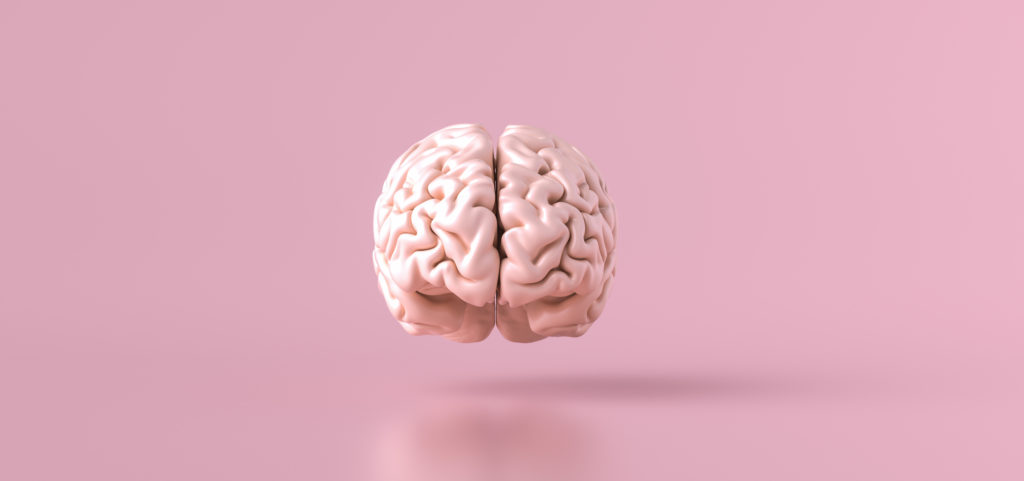Neurostimulation technology company Magnus Medical received Breakthrough Device Designation from the US Food and Drug Administration (FDA) for its personalized, rapid-acting neurostimulation system for the treatment of major depressive disorder (MDD). The system is indicated for individuals that have not sufficiently responded to antidepressants or other treatments for the condition.
The neurostimulation device is called the Magnus System and is based on the SAINT (Stanford Accelerated Intelligent Neuromodulation Therapy) technology that Magnus Medical got exclusive licensing rights for from Stanford University for commercialization. SAINT delivers transcranial magnetic stimulation in high doses.
The non-invasive Magnus System integrates SAINT with digital imaging scans.
A randomized control trial of the system revealed that among individuals who received the neurostimulation therapy, 79 percent experienced relief from severe depression condition and entered remission after just five days of treatment.
Magnus Medical also secured $25 million in a Series A financing round, which was co-led by JAZZ Venture Partners and Red Tree Venture Capital.
Related: Portable Neuromodulation Stimulator Gets FDA Authorization for MS Treatment
The Magnus System treatment is personalized to each patient, as it uses MRI imaging to detect overactive areas of a patient’s brain which are targeted with the neurostimulation device.
Neuromodulation is the active stimulation of nerves, or the targeted application of small doses of medicinal agents, to induce a physiological reaction. Although a decades-old technique, there has been renewed interest in developing new-age neuromodulatory technologies as they’re an attractive non-pharmaceutical treatment option for neurological conditions including neuropathic pain and depression. Neurostimulation devices involve placement of electrodes on the brain, spinal cord or peripheral nerves. They target neural pathways to reduce the perception or experience of pain or other unpleasant experiences.
In the study, which was published on the American Journal of Psychiatry website, of 29 participants (who met inclusion criteria among a total of 32 participants), 14 received treatment with Magnus and 15 received placebo. Seventy-nine percent of people in the active treatment arm achieved remission, which was classified as near elimination of depression symptoms based on the Montgomery-Åsberg Depression Rating Scale (MADRS), compared with people in the placebo arm in which only 13 percent entered remission. Among the 32 participants, there was an average reduction of 52.5 percent in MADRS scores from baseline in the active treatment group versus 11.1 percent in the placebo group.
In a previous pilot trial by Standford researchers, 90 percent of study participants achieved remission after treatment with SAINT neurostimulation. Restoration of neural activity led to improved quality of life measures and symptoms, including suicidal thoughts. All 21 participants in the study had suicidal ideations prior to treatment and none had any after treatment.
The FDA Breakthrough Device Designation for the Magnus System was based on the evaluation of data from both studies. The Magnus System is not yet commercially available and is expected to require 510(k) clearance from the FDA.
This year saw more than a handful of neurostimulation devices getting FDA nods, reflecting the increasing trend in neuromodulation treatments for conditions ranging from pain to depression. In March of this year, Helius Medical Technologies received marketing authorization from the FDA for its portable neuromodulation stimulator (PoNS) as a treatment to help improve gait in patients with multiple sclerosis (MS).
Along with Elon Musk’s Neuralink, the neurotech space continued to burgeon this year with companies like Neuralace, Halo Neuroscience and Flow Neuroscience having gained traction with their neuromodulatory technologies to treat various neurological conditions.
The rapidly growing global neuromodulation market is expected to hit $8.2 billion by 2026.












Join or login to leave a comment
JOIN LOGIN